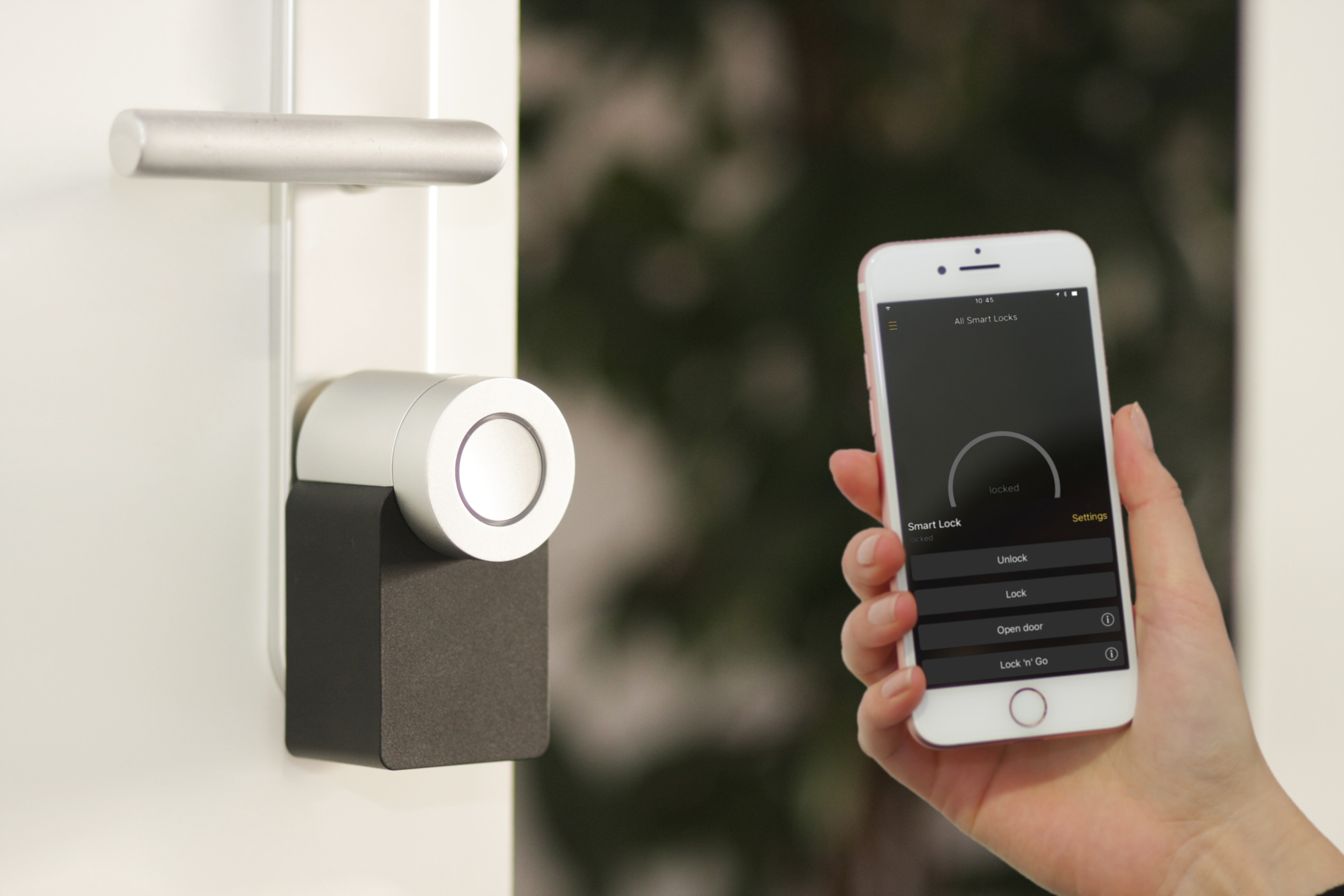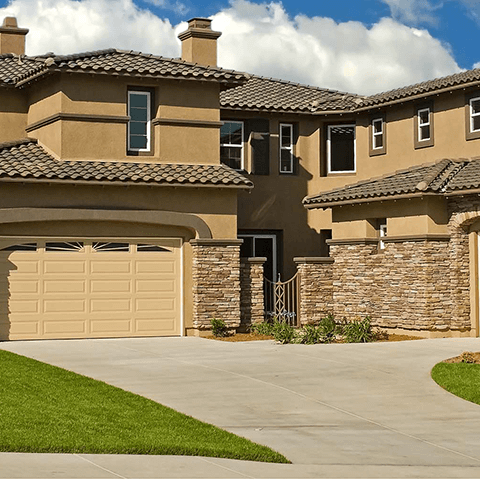
SMART HOMES IN TODAY’S MARKET: PROS AND CONS
There are lots of “smart” products on the market today, not the least of which is a large selection of smart home products. From doorbells to lightbulbs to whole-house control systems, consumers have many options to choose from. When it comes to the real estate market, smart home products are now sought-after by some buyers, and at the very least, can be enticing extras to others. But what are the best options, and what are the drawbacks?
Most Popular Smart Home Technology
What constitutes “smart home” technology is somewhat loosely defined by the market. They range from a simple video doorbell like Ring or Nest, to whole-house control systems that let you monitor the air conditioning, lights, appliances, and video surveillance. Here’s a quick look at some of the most popular:
- Video Doorbells: Monitor who is coming and going, talk to them through the app on your phone, and record video. Great for intercepting deliveries, stopping package theft, and using the video to assist police if someone attempts to break into your home.
- Amazon Echo: Control this hands-free speaker, check the weather, and more—all with just your voice.
- Smart Thermostats: Use the app or pre-program the thermostat based on your daily activity. Use voice commands to lower and raise the temperature on certain models.
- Smart Appliances: Newer on the scene, this category makes it possible to monitor when you’re running low on foods in the refrigerator, vacuum your floors robotically, pour the perfect mixed drink, and even perfect your frying skills. You can even track the food items you’re throwing away to automatically add them to your shopping list—or automatically reorder them via Amazon.
The Benefits to Smart Home Options
For many, the benefits to integrating smart technology into your home are clear. These gadgets, apps, and integrations are intended to make our lives easier. From controlling your lights and air conditioning to cooking your food with an entirely new level of automation, it’s easy to see the appeal. But what about from a real estate perspective?
Adding Resale Value
Opinions vary on whether adding smart home technology increases your home’s value. First, not all technology is likely to stay put if you move. Smaller gadgets and pricey appliances, then, aren’t likely to be much of a factor. Second, the technology that is likely to draw the eye of a potential buyer is going to be of the more expensive, more permanent variety. Like many home upgrades, what you spend on it isn’t necessarily what you are going to get back out of it. On the flip side, according to HomeAdvisor, 77% of Millennials purchased a home with smart technology in the past year, so it very well may help attract a buyer. So while smart home technology may make your home more attractive to buyers, it may not translate to a higher sales price. Keep that in mind as you decide which tech to integrate into your home.
More Attractive Rental Properties
If you own rental property, you may be thinking about whether smart technology can be a good investment. Some landlords are looking at smart home technology from a safety perspective. Featured like video doorbells and automatic locks are attractive to some tenants. If those tenants are willing to pay more for those features, landlords can charge more in rent. Higher rent prices attract higher-caliber tenants. That same technology may even help you (and your tenants) get better insurance rates. This can be especially true with added measures that could detect and react to a burst water main, or that captures video footage of an attempted break-in.
The Drawbacks to Smart Home Technology
It’s important to note that there are some drawbacks to all this added technology. Hacking is a big concern for some. Home automation comes with a lot of potential for someone else to gain control of your system. Industry researchers have proven these devices can be relatively easy to control. Though manufacturers are continually improving security, that’s not to say hackers aren’t continually finding new ways to bypass these measures. Even if you are not automating your entire home, consider the pros and cons before moving forward.
Additionally, if you are thinking about adding smart technology for the purpose of appealing to buyers, consider how quickly today’s products can become obsolete. Though certain technology can be attractive to a buyer, make sure you are getting the most bang for your buck. This Consumer Reports study outlines the features people are looking for most often, which include:
- Thermostats
- Smoke detectors
- Security cameras
Speaking of appealing to buyers, consider your audience. “Ease of use” is still a concern amongst the older segment of the population. If it’s too complicated, or there are too many separate systems at work, it’s not likely buyers (or tenants) will view it as a benefit.
The Bottom Line
When it comes to maximizing your investment, smart tech isn’t much different than other home upgrades. You want to get the most for your money, whether for your own use or to attract buyers and tenants. Do your research and decide what your short- and long-term goals are. If you aren’t moving anytime soon, choose the features that appeal most to you. If you are looking to boost your home’s attractiveness, consider what most consumers are looking for and what makes sense with your budget.

